The Norwich Terrier is a breed of dog that was bred to hunt rats and other rodents. Essentially, these dogs were created to work, and they have the energy and mental capacity to get the job done. Today, however, Norwich terriers are also great companions for active individuals and families.
History of the breed: Norwich terriers originated in Norwich, England, in the 19th century. They were created to hunt rats and other rodents in urban environments. The original breed type was bred by sternmen on ships used to control rat populations on board. Subsequently, the breed was improved by crossbreeding with other terriers, including the Yorkshire Terrier and Irish Terrier.
Purpose of breeding the breed: The purpose of breeding Norwich terriers was to create dogs that would be effective hunters of rats and other rodents, as well as easily adaptable to city life. These dogs had to be compact but muscular, fast and hardy.
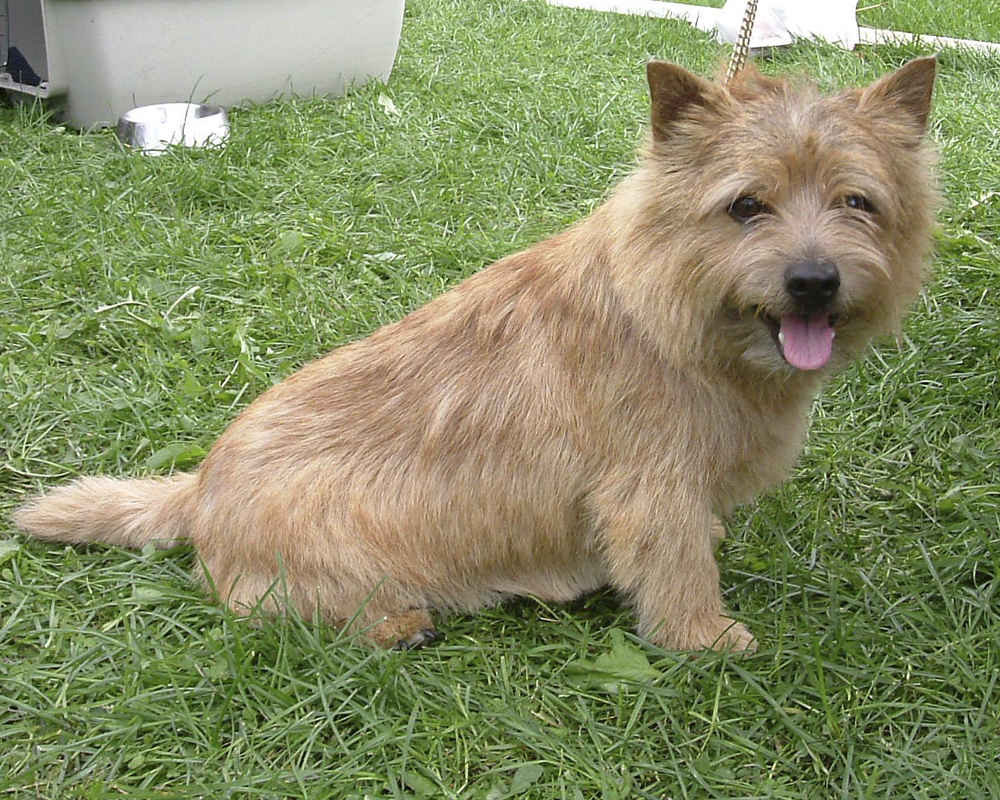
Breed characteristics
Appearance: Norwich terriers have a short and compact build with long, straight legs. They have a broad head with rounded ears and bright eyes. The coat of Norwich Terriers is stiff and coarse, with a layer of soft undercoat. Color can be black, white, red, or wheat.
Size and weight: Norwich Terriers range in height at withers from 25 to 28 cm and weigh from 4 to 6 kg.
Character and behavior: Norwich Terriers are energetic and friendly dogs who are very attached to their owners. They have a strong character and do not shy away from showing their independence, but at the same time, they are very loyal and devoted to their family. Norwich Terriers do not like solitude and require a fair amount of attention and companionship.
Breed Care
Feeding: Norwich Terriers must be fed a balanced diet commensurate with their age, weight, and activity level. It is recommended to feed them high-quality commercial or homemade food that should consist of proteins, carbohydrates and fats.
Daily coat and skin care: Norwich Terriers’ coats need daily grooming, which includes brushing and combing to avoid knots and to massage the skin. Periodic trimming of the coat is also recommended to maintain a certain look. Ears, eyes and teeth should also be checked regularly to prevent infections.
Health and preventive measures: Norwich terriers are prone to certain diseases, including skin and ear problems, as well as heart and dental problems. Regular vet visits and preventive measures such as vaccinations and parasite control can help prevent these diseases.
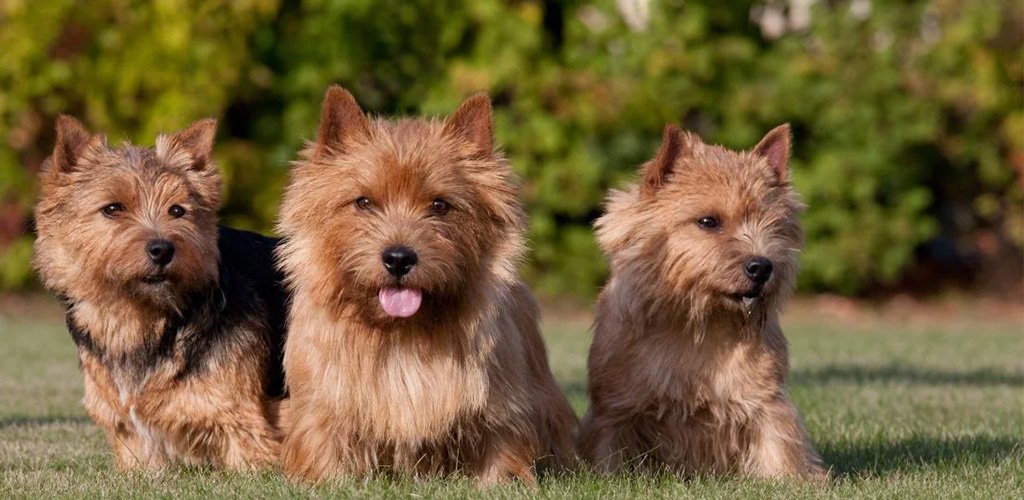
Training and Socialization
Importance of Training and Socialization: Norwich Terriers are very intelligent and energetic dogs that need regular training and socialization. They can be very naughty if they do not receive enough physical and mental stimulation. Training and socialization will help your dog be more obedient, improve his behavior and strengthen your bond.
Basic commands: Norwich terriers are very smart and easy to learn, especially if you train them playfully. Basic commands such as sit, stand, lie down, beckon, and give me paw help improve your dog’s behavior and strengthen your bond with him.
Sporting Activities: Norwich terriers have a high energy level, so they need plenty of physical stimulation. Sports activities such as agility, Frisbee and Frisbee Jack can help strengthen the bond between you and your dog, as well as improve their fitness and health.
Breeding
Selecting potential parents: When selecting potential parents for breeding, consider their health, character, and breed standard. It is advisable to work with registered breeders and test for hereditary diseases to minimize the risk of passing on genetic diseases to puppies.
Pregnancy and Childbirth: Pregnancy in Norwich Terriers lasts about 63 days. During pregnancy, it is recommended to increase food and vitamins to ensure healthy growth and development of the pups. The birth of Norwich Terriers usually goes without problems, but you should be prepared for any unexpected circumstances and have the veterinarian’s contacts on hand.
Puppy Care: After birth, puppies need to be given plenty of milk and care so they can grow up healthy and strong. Puppies should receive socialization and training from an early age in order to become well-adapted and obedient dogs.
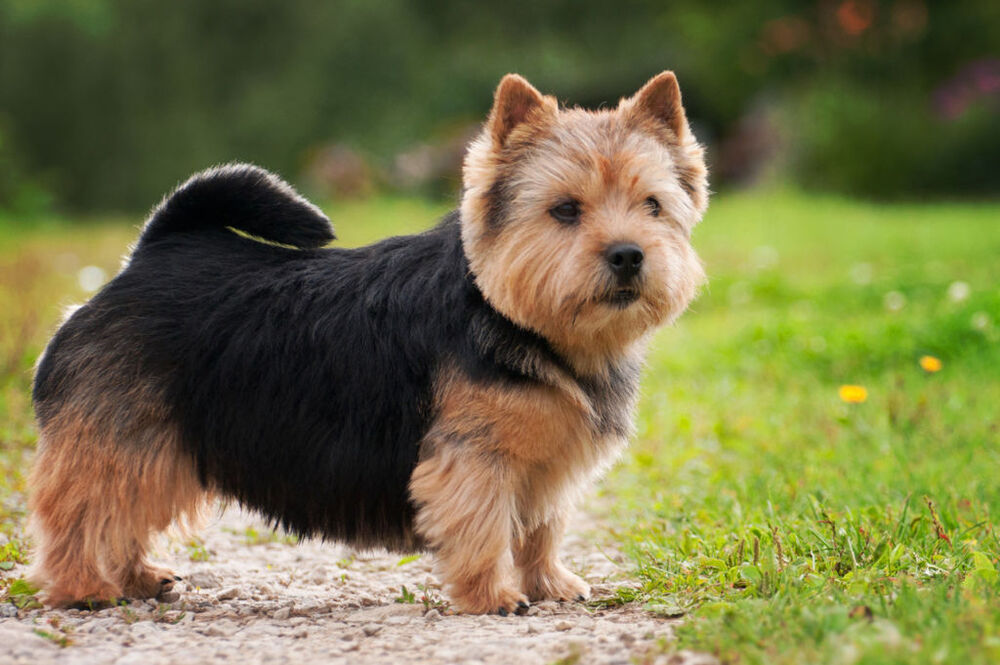
Top 10 facts about the Norwich terrier (norwich terrier):
- Norwich terriers were bred in England in the 19th century to hunt rats and other rodents.
- Norwich Terriers are very energetic and friendly dogs, which require a fair amount of attention and companionship.
- The coats of Norwich Terriers are tough and coarse, with a layer of soft undercoat, and require daily grooming.
- Norwich Terriers can be very naughty if they do not receive enough physical and mental stimulation.
- Norwich Terriers are easy to train and can perform a variety of tasks, including agility and frisbee jack.
- Norwich Terriers are prone to some medical conditions, including skin and ear problems, as well as heart and dental problems.
- Norwich Terriers are great companion dogs for active families who can give them plenty of attention and care.
- Norwich Terriers can be excellent guard dogs that will protect their family and home.
- Norwich Terriers are often used as therapy dogs because of their friendly and loyal nature.
- Norwich terriers can be quite expensive, and you should make sure that you are prepared to give this breed enough care and attention before purchasing one.
Conclusion
Norwich terriers are wonderful dogs that were bred to hunt rats and other rodents. They are very energetic, friendly, and loyal to their family. Norwich Terriers’ coats require daily grooming, and training and socialization will help improve their behavior and strengthen the bond between the dog and its owner. Although Norwich Terriers are prone to some illnesses, they can be ideal companion dogs for active families who are willing to give them plenty of attention and care.


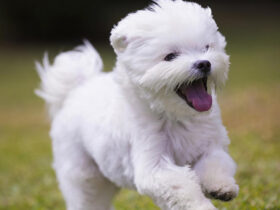
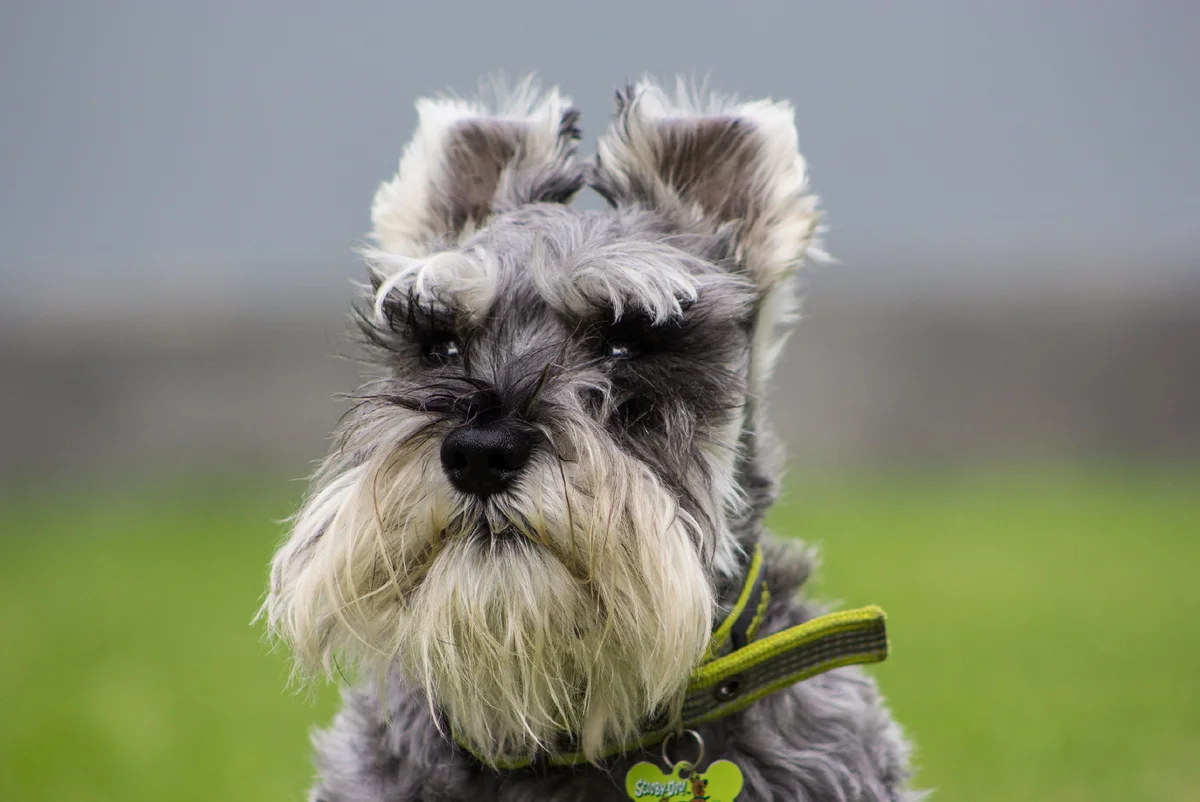
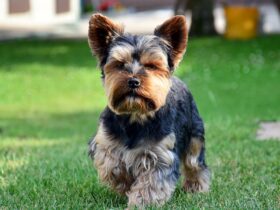
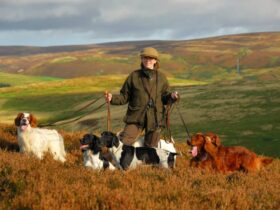
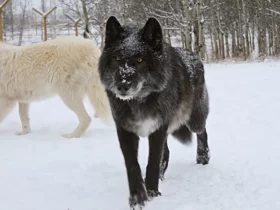
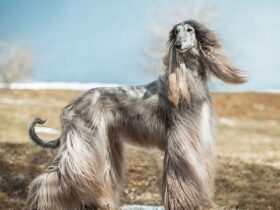
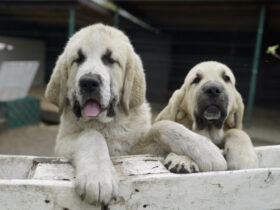
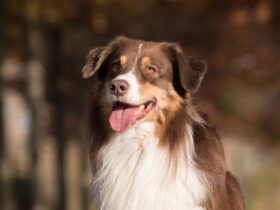
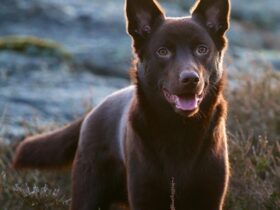
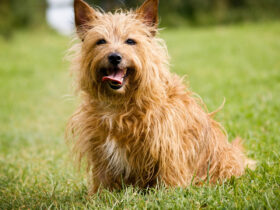
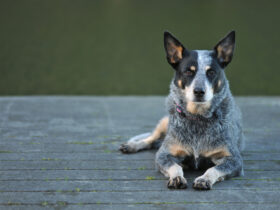
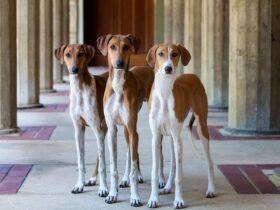
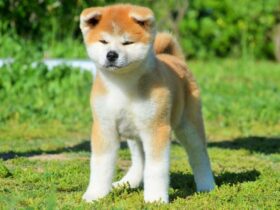
Leave a Reply